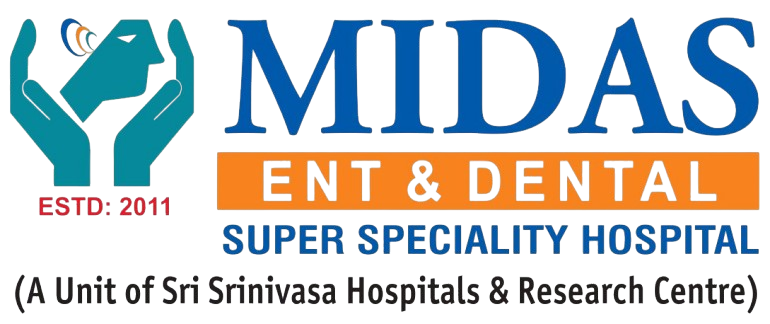Endoscopic nose surgery uses an endoscope—a thin tube with a camera and light at the tip—to visualize and operate within the nasal and sinus cavities. It allows surgeons to navigate and treat sinus issues through natural openings like the nostrils, avoiding traditional facial incisions.
Applications of Endoscopic Nose Surgery
This procedure is used for various conditions including:
- Chronic Sinusitis: Persistent inflammation and infection of the sinuses.
- Nasal Polyps: Non-cancerous growths that can obstruct airflow.
- Deviated Septum: A nasal septum deviation causing breathing difficulties.
- Sinus Tumours: Non-cancerous growths within the sinuses.
- Sinus Cysts: Fluid-filled sacs causing sinus pain or pressure.
Benefits of Endoscopic Nose Surgery
- Minimally Invasive: Entirely performed through nostrils, minimizing scarring and reducing recovery time.
- Precision: Provides a clear view, allowing precise treatment while preserving healthy tissue.
- Reduced Complications: Lowers risks like infection, bleeding, and facial numbness compared to traditional surgery.
- Faster Recovery: Patients experience less post-operative discomfort and quicker return to normal activities.
- Improved Quality of Life: Effective treatment leads to better breathing and reduced sinus issues.
Procedure Overview
During endoscopic nose surgery:
- Anesthesia: General or local anesthesia with sedation ensures patient comfort.
- Endoscopic Insertion: The endoscope is inserted through nostrils for a detailed view.
- Surgical Intervention: Diseased tissue, polyps, or obstructions are removed using specialized instruments.
- Closure: Natural healing minimizes the need for external stitches.
Considerations and Recovery
After surgery:
- Follow-Up Care: Regular visits monitor healing and ensure recovery progress.
- Nasal Care: Saline rinses keep nasal passages clean for optimal healing.
- Avoid Irritants: Reduce exposure to allergens and pollutants to aid healing and prevent sinus issues.
Whether for chronic sinusitis, nasal polyps, or other conditions, this technique improves quality of life for many patients. Consulting with an experienced ENT specialist can offer personalized insights into how endoscopic nose surgery can address specific nasal and sinus concerns effectively.
Top of Form
Bottom of Form


